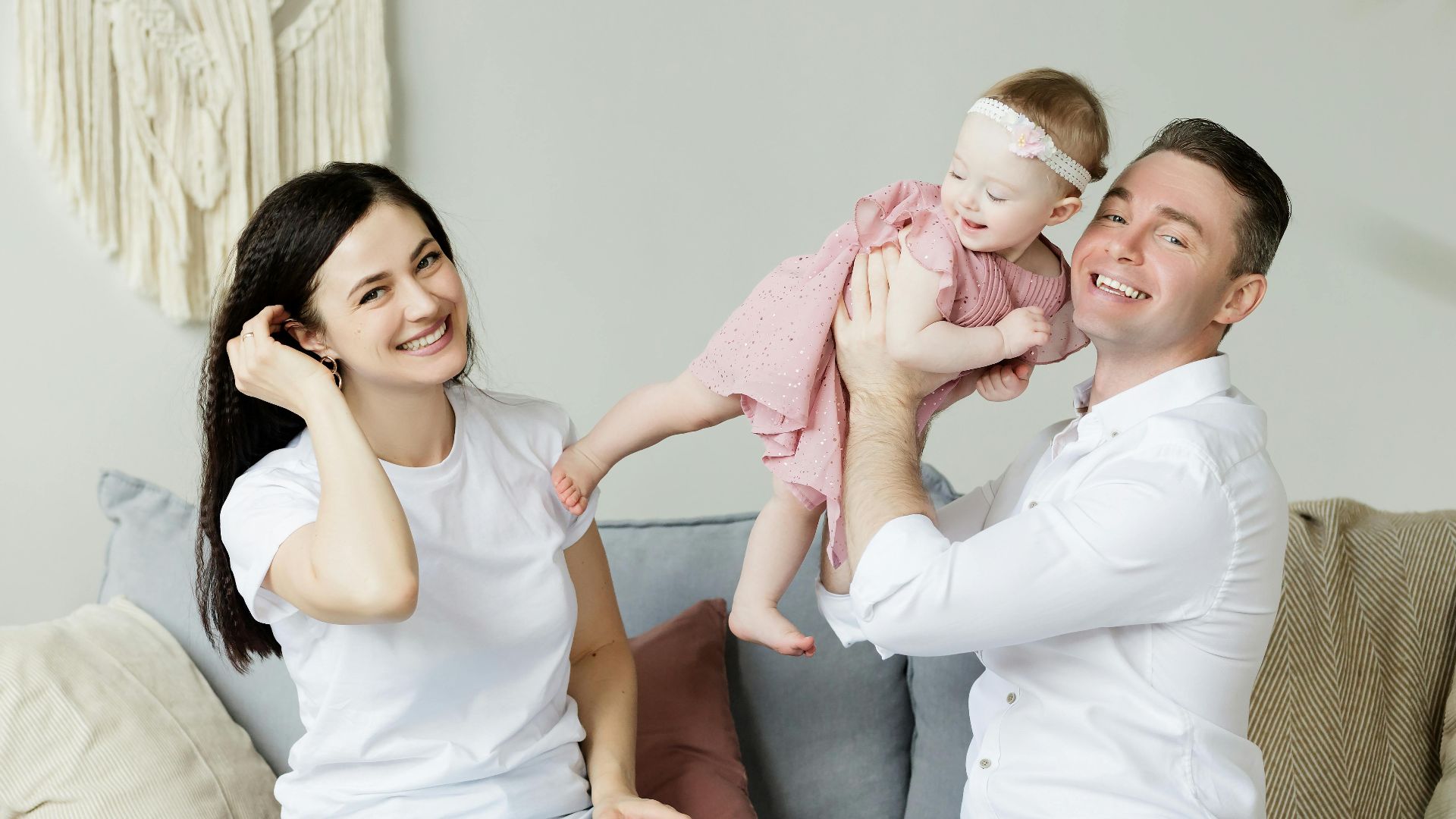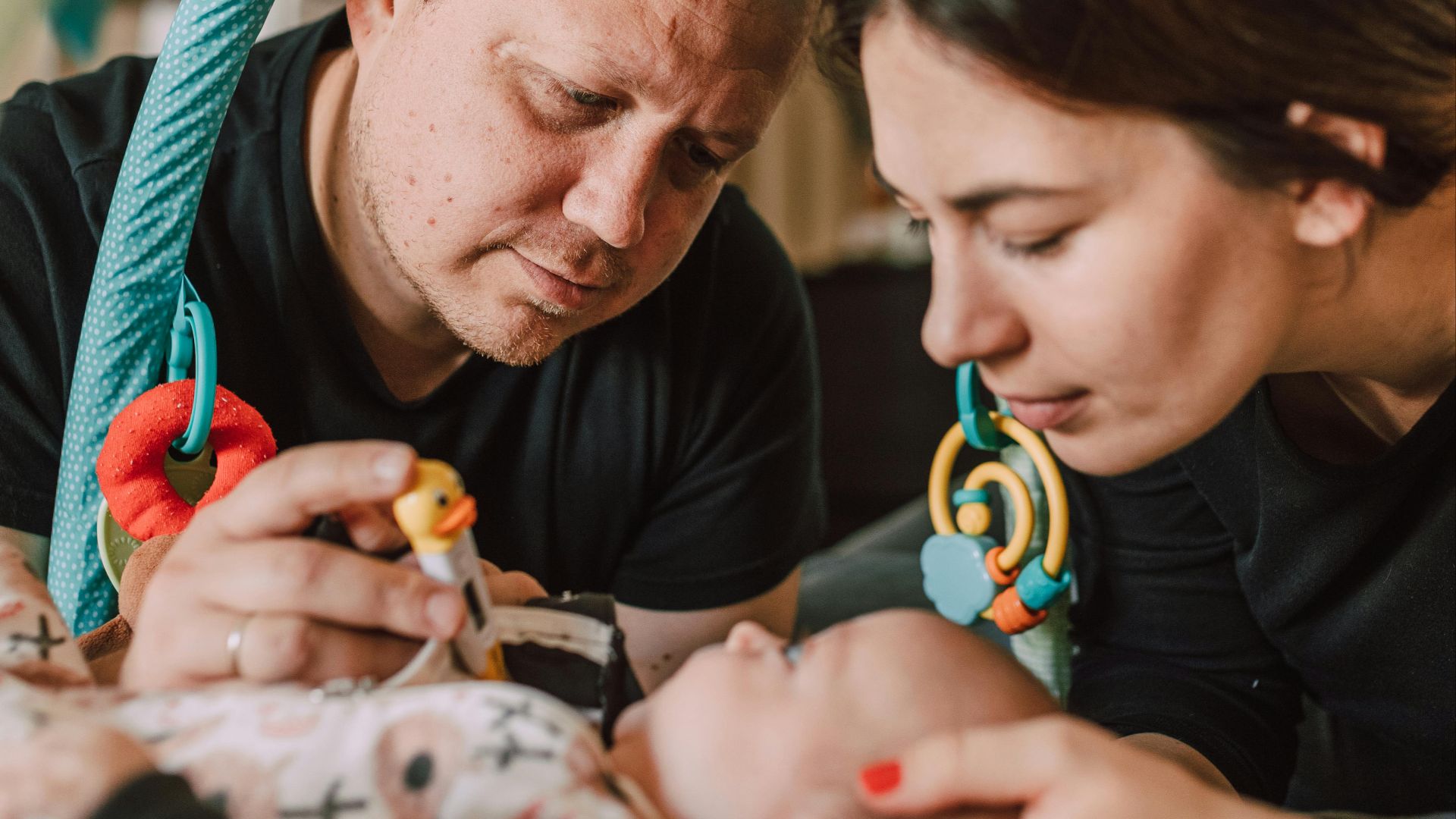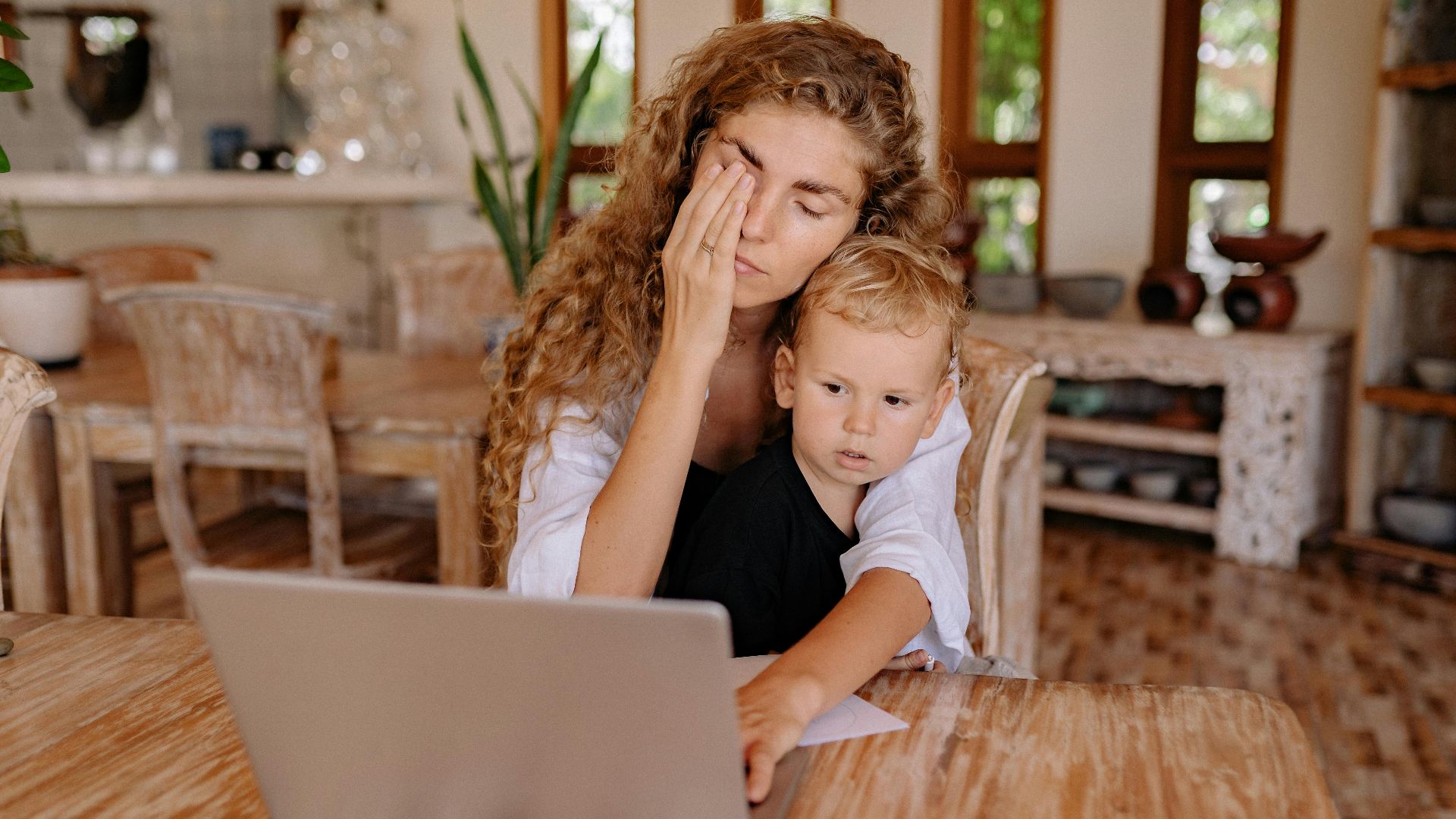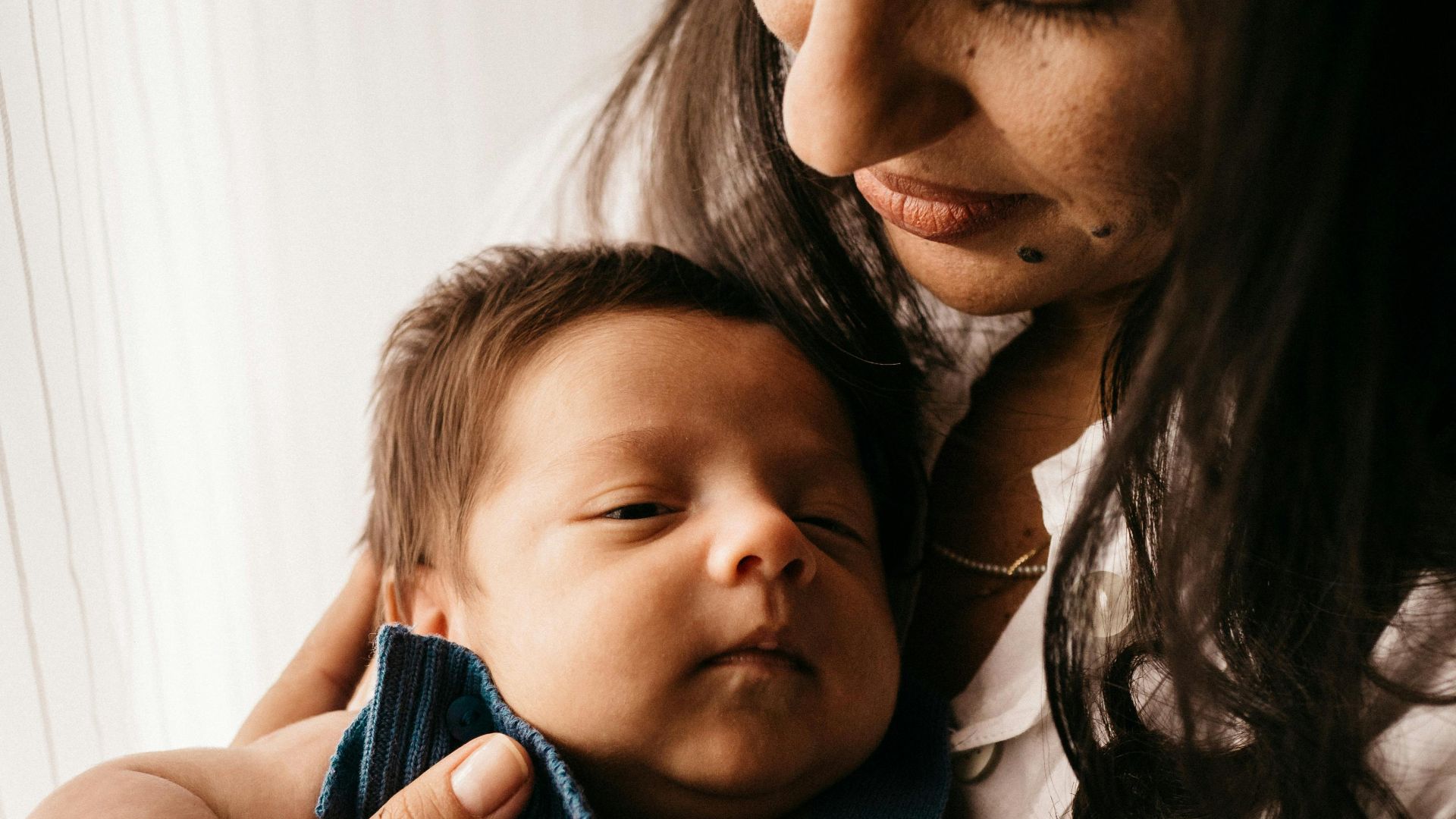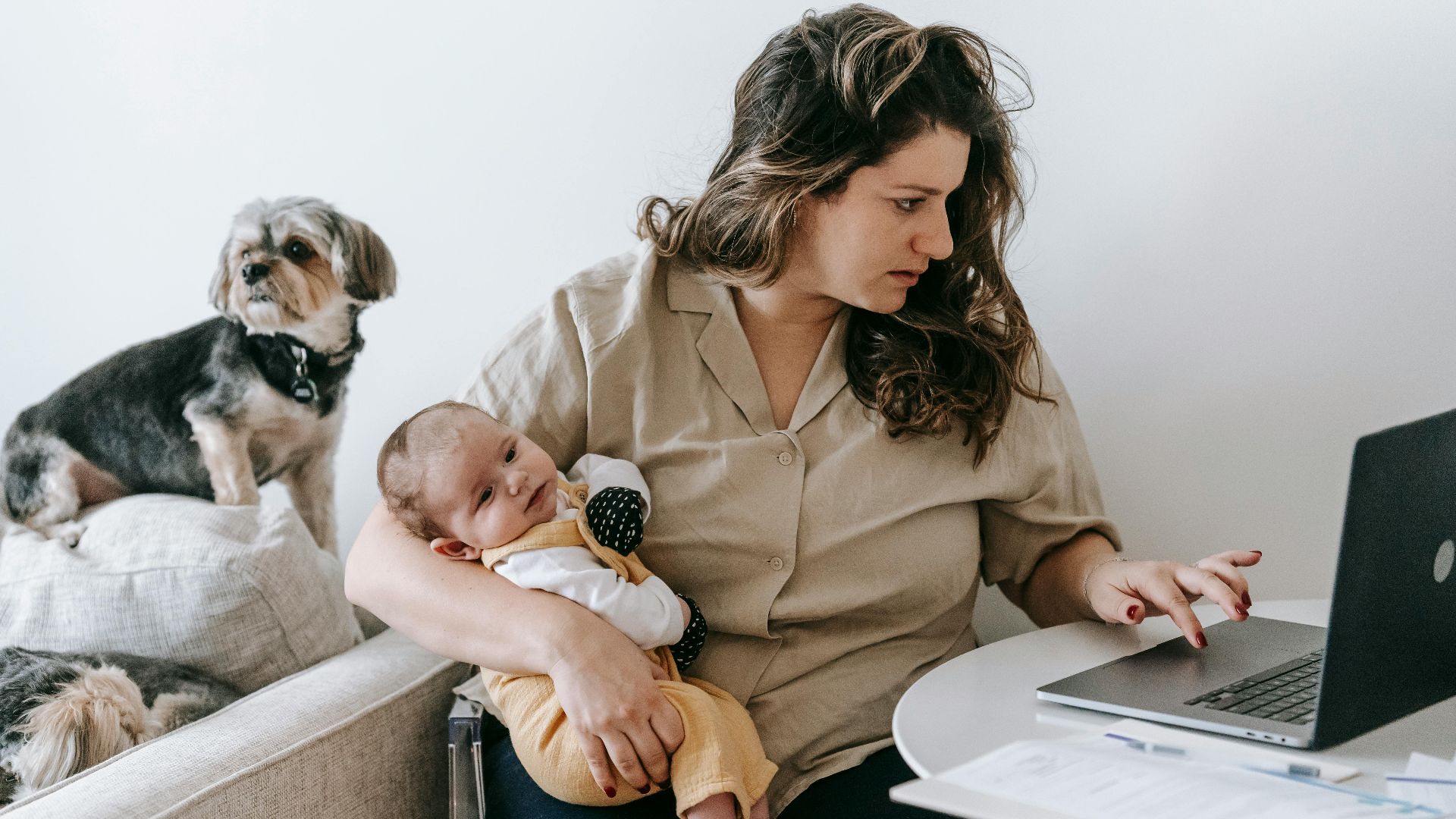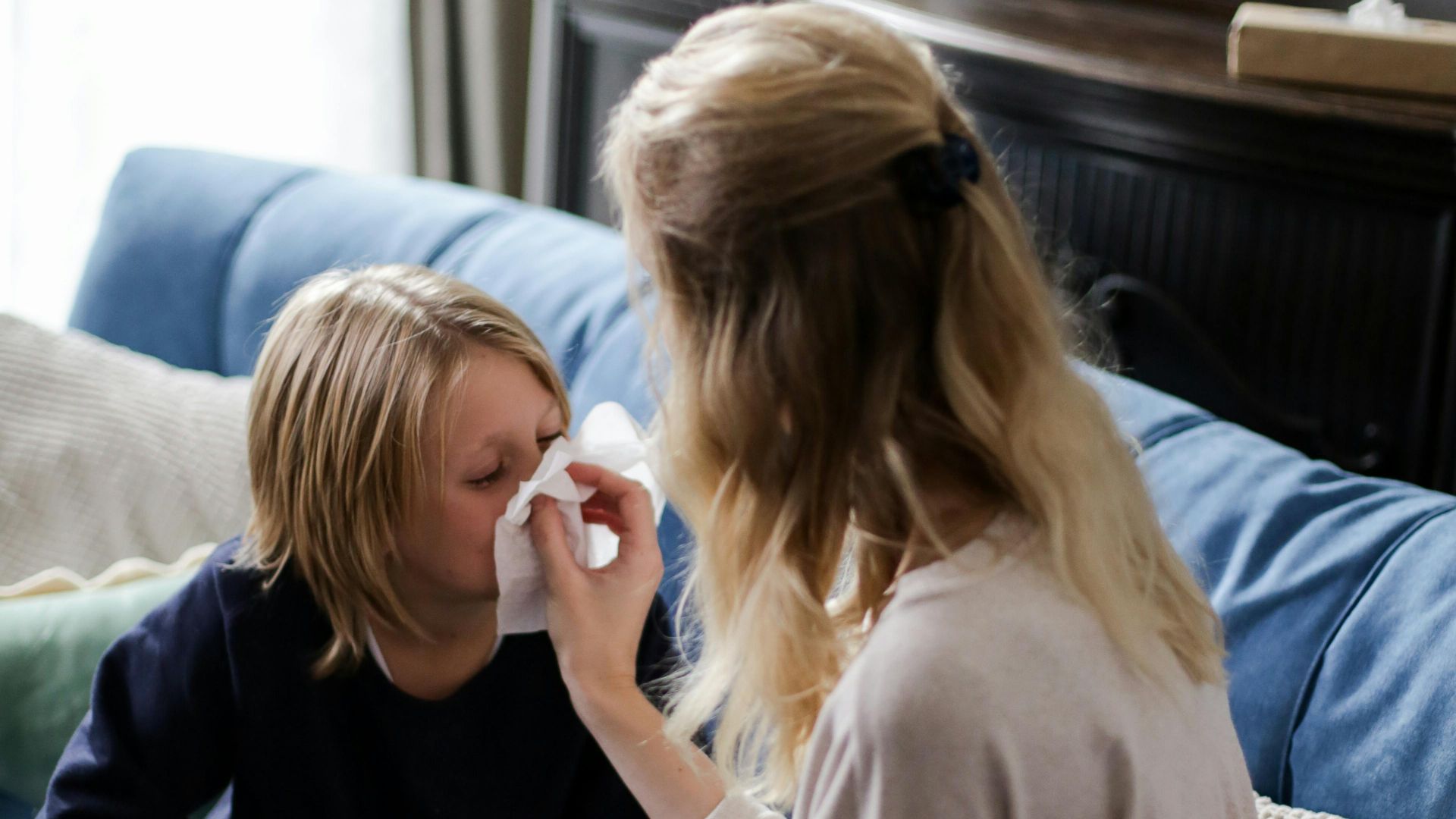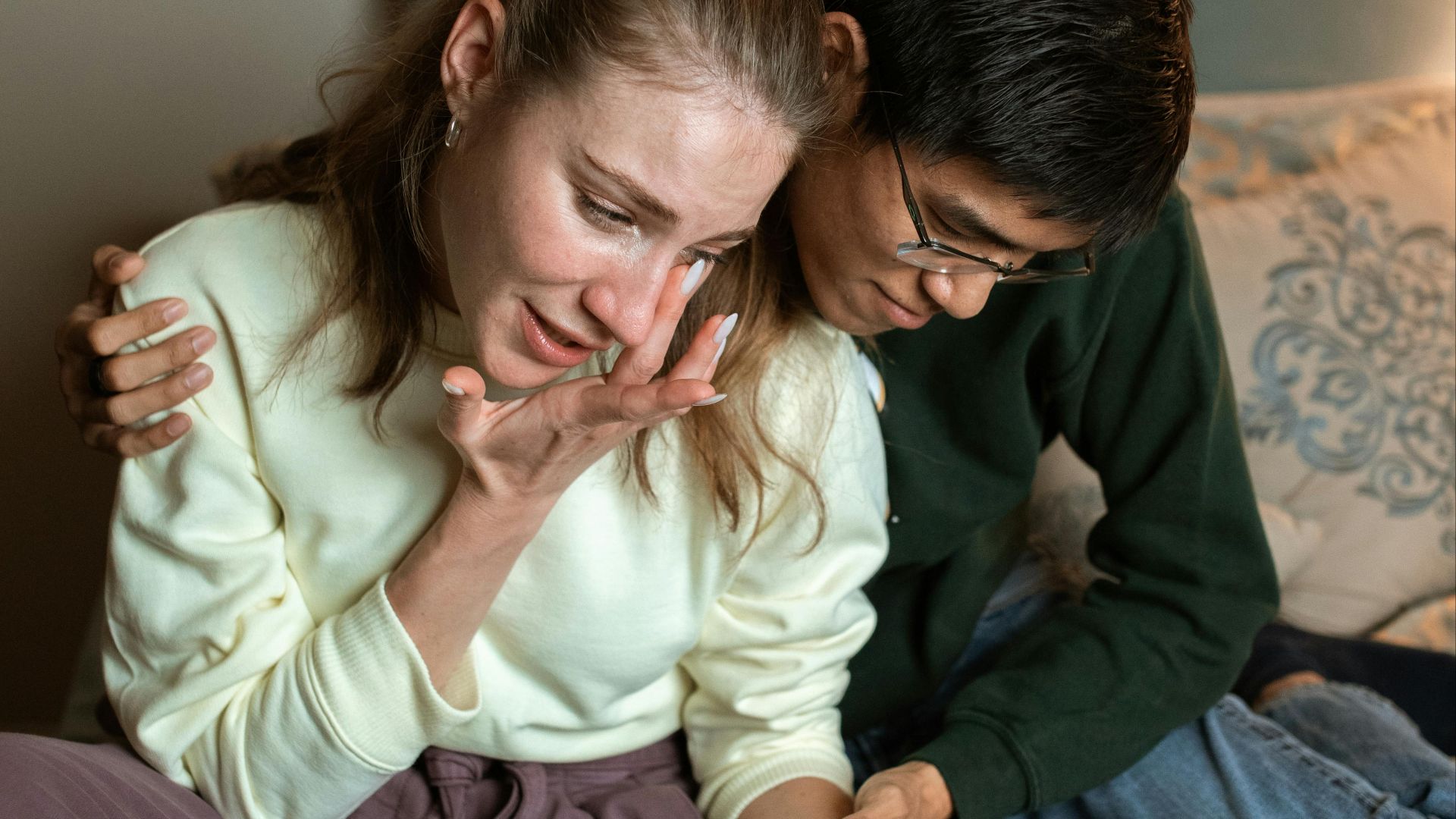Brace Yourself For The Real
Most people will just smile and say, "Enjoy every moment," but the truth is, parenting changes everything—slowly and deeply. Some things will feel messy, while others are surprising. And a few? They quietly knock the breath out of you. If you're entering the arena, it's time to know the 20 toughest things about raising kids.
1. Sleep Deprivation Lasts Longer Than Expected
Sure, everyone warns you about the newborn phase but nobody tells you toddlers have sleep regressions, nightmares, and early wakeups. Even preschoolers might join you in bed at 2 a.m. Sleep isn't a given anymore—it becomes a luxury. Forget 8 hours straight for a few years.
2. Constant Worry Becomes Your New Normal
Have you ever stared at your child's chest just to make sure they're breathing? From the first fever to their first unsupervised outing, worry lingers. Parenting hardwires your brain for vigilance. Science shows heightened cortisol levels in caregivers even during rest. This never gets mentioned enough.
3. Your Relationship With Your Partner Will Change
Bringing home a baby shifts everything, especially your relationship. Because it's not just sleep and intimacy that change, your priorities and patience will too. Tasks become transactions and emotional connection take conscious effort now. Sadly, many couples experience a decline in satisfaction post-baby and few are prepared for that hit.
4. You Lose Personal Time And Space Completely
Toddlers don't understand boundaries. Remember relaxing weekends or showering in peace? Those are distant memories now. Because once you're a parent, you're "on" 24/7. Your body becomes theirs—literally and emotionally. In many studies, primary caregivers report significantly less personal downtime, which can impact mental health if left unchecked.
5. Guilt Follows Every Parenting Decision
Breast or bottle? Co-sleep or crib? Every choice feels loaded. Parental guilt often stems from societal pressure and the myth of perfect parenting. Research links persistent guilt to increased anxiety. It's a mental loop—one many silently carry every single day.
6. No One Prepares You For The Isolation
A recent study by Frontiers in Psychology states that parental isolation is a key contributor to postpartum depression. Sadly, it's rarely addressed openly and parents often find isolation slowly sneaks up on you. You're home with a newborn, drowning in diapers, while your friends are brunching. Even in playgroups, surface-level chatter replaces meaningful connection.
7. You Question Your Identity All The Time
Once a marketing manager, now "Liam's mom." Sound familiar? Identity shifts hit hard. You still exist but under a different title. Many parents report feeling invisible. No matter how hard you try to see past it, the truth is that mothers who struggle to form a strong sense of parental identity tend to have higher levels of emotional distress.
 Photo By: Kaboompics.com on Pexels
Photo By: Kaboompics.com on Pexels
8. Milestones Can Feel Like Pressure Points
You smile at the "first steps," but inside, you're comparing. "Why isn't my kid talking yet?” "Is it normal?" Parenting forums feed this anxiety, and pediatricians caution against milestone obsession as every kid grows differently. Yet, the constant comparing starts early and weighs heavier than you'd expect.
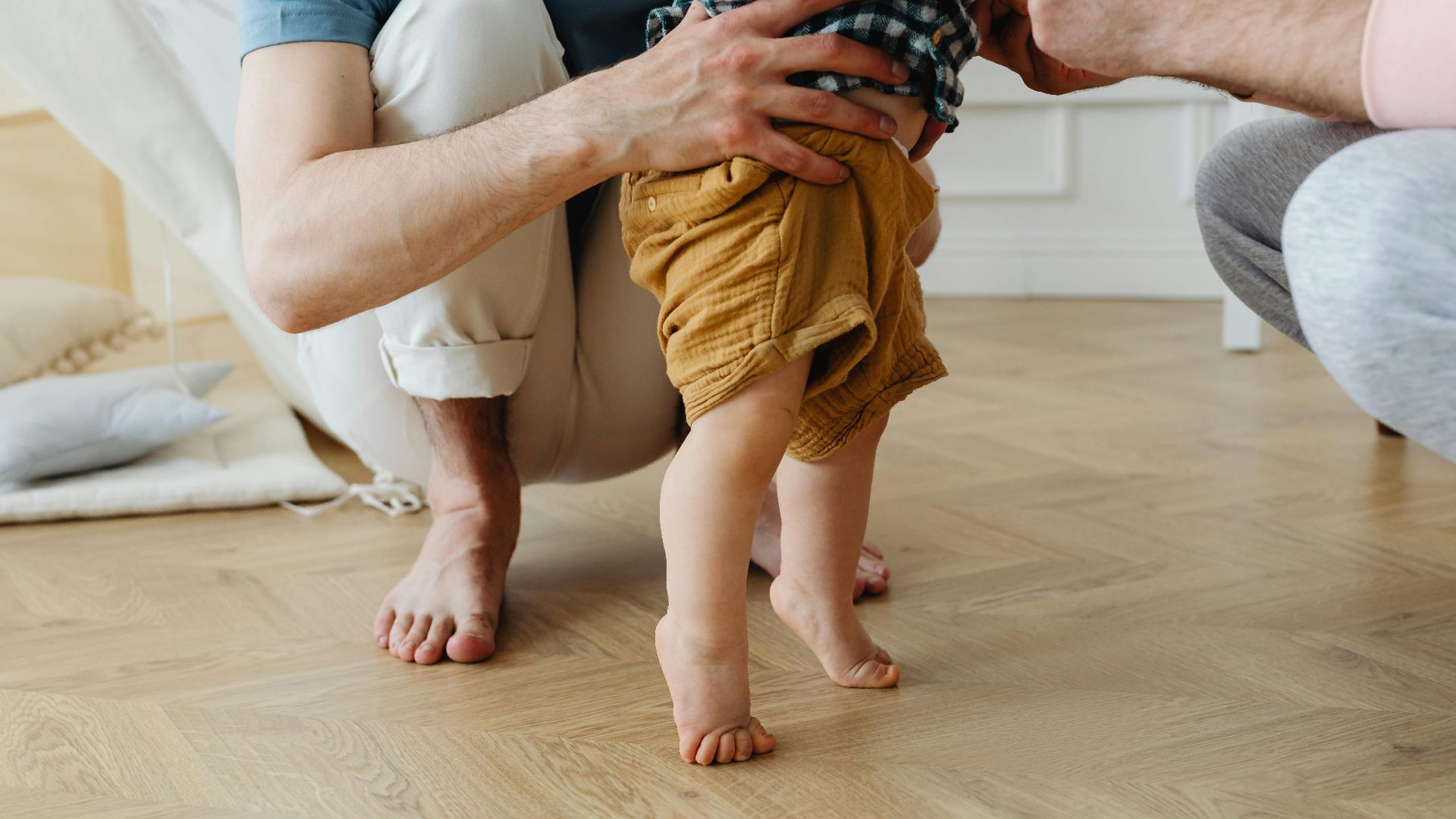 Photo By: Kaboompics.com on Pexels
Photo By: Kaboompics.com on Pexels
9. You Will Miss Your Old Life At Times
It's okay to miss spontaneous road trips, late-night movies, or sleeping in while also loving your child fiercely. That doesn't make you ungrateful. It's human. Parents often grieve the loss of their former identity, but missing "before" doesn't mean you regret "now."
10. Discipline Is More Emotionally Draining Than Expected
Consistent, warm-but-firm discipline improves outcomes. However, it's hard to maintain when you’re running on fumes. You thought you'd be firm, but then came the first public meltdown. Well, it involves emotional labor, not just rules, and staying calm while correcting their behavior is exhausting.
11. Screen Time Battles Can Wear You Down
One episode turns into three. You bribe, negotiate, and then feel guilty. Managing screen time in the digital age is one of parenting's newest battlegrounds. However, experts agree it's not all bad. Moderate use of quality content can support learning, but balancing it becomes a daily challenge.
 Photo By: Kaboompics.com on Pexels
Photo By: Kaboompics.com on Pexels
12. Watching Them Struggle Can Break You
Every parent will eventually face one of these moments, from watching your child cry after being left out, to failing a test or getting hurt. You'll want to do whatever you can to fix it, but it's not that easy. Because building resilience means letting them feel the sting. Just be prepared to feel a sense of helplessness that you'll have to learn to overcome too.
13. Tantrums Don't Always End With Toddlers
Tantrums are known to be a toddler thing. Until one day, your 9-year-old slams the door yelling, "You don't get it," and you suddenly realize brain development continues into the mid-20s. Emotional regulation is a journey, not a milestone, and parents will have to learn that big feelings don't magically go away when diapers do.
14. Advice From Others Can Feel Like Judgment
Parenting invites unsolicited commentary, especially from family. "Oh, we never used pacifiers." "You let them watch what?" Helpful advice feels more like passive-aggressive critique, and it's exhausting. It’s possible you'll feel angry due to social scrutiny and a lack of supportive networks.
15. You Will Feel Inadequate No Matter What You Do
More often than not, perfectionism in parenting leads to higher stress and lower satisfaction. Even on your best days, there's doubt. “Did I yell too much?” “Should I have read one more book?” The feeling of never being enough is painfully common.
 Photo By: Kaboompics.com on Pexels
Photo By: Kaboompics.com on Pexels
16. Childcare Costs Can Overwhelm You Financially
In many countries, full-time childcare rivals a mortgage payment. It's a logistical and financial nightmare. In the U.S., annual childcare averages over $13,000 and that's not a number most families plan for in advance. Parents often delay career moves or reduce work hours just to manage.
 Vodafone x Rankin everyone.connected on Pexels
Vodafone x Rankin everyone.connected on Pexels
17. You Learn To Function In Survival Mode
Running on coffee or an empty stomach becomes normal. This survival mode works in the short term, but in the long term, it causes trouble. Many studies have linked chronic parental stress to weakened immune function. So, find out if “I’m fine" translates to “I’m barely hanging on.”
18. Sick Days Will Derail Everything You Planned
What if your kid gets sick right before a presentation or on a weekend getaway? Illnesses can spread like wildfire at daycare. Even minor colds can set your household back for weeks. It's one of those unpredictable disruptions nobody properly warns you about.
19. Your Career May Take A Hit Without Warning
Employer flexibility is improving, but biases still exist. So, you might just have to pause your career even if you don’t want to. Working moms are often perceived as less committed despite outperforming their peers in efficiency. Such setbacks are still not openly discussed.
20. You Will Cry More Than You Ever Expected
Parenting cracks you open emotionally in ways nothing else ever does—joy, guilt, pride, frustration, and exhaustion. There's a moment when your kid hugs you tight or says something surprisingly hurtful, and the tears just come. Crying becomes your release valve.


